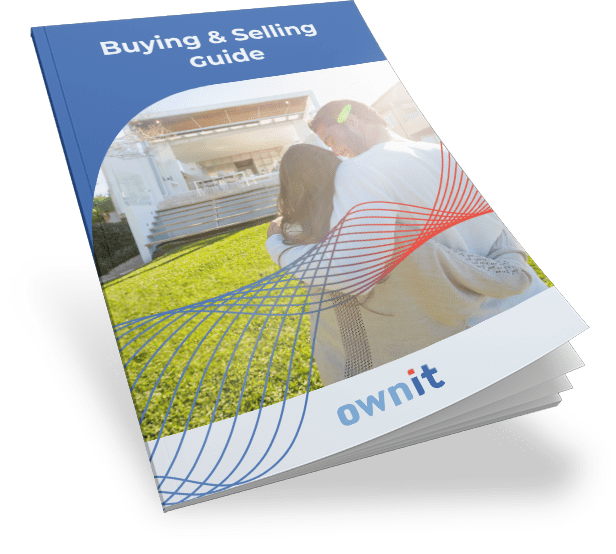Andrew set the last of his moving boxes down in the garage and wiped the perspiration from his brow. ‘I’ll tackle the rest of the unpacking tomorrow,’ he thought to himself. ‘Just as well I found the box containing the TV earlier and plugged it in. It’s almost time for the rugby game to start.’
Just imagine Andrew’s dismay when he clicked on the TV remote only to be met with a ‘No Signal’ display. It didn’t take him long to discover the source of the problem: The seller of his new house had disappeared with the satellite dish…
One of the most commonly asked questions we at Ownit Conveyancing our clients ask is ‘What on earth is a chattel? And how is it different from a fixture?’
We find that the terms ‘chattels’ and ‘fixtures’ are among the most frequently misunderstood by both buyers and sellers of Queensland property.
In this article, we’ll step you through the process of identifying chattels and fixtures so you can complete your property purchase or sale as smoothly as possible and avoid any unwelcome surprises.
What’s the difference between chattels and fixtures?
Chattels and fixtures are among the many conveyancing terms you’ll encounter if you’re in the market of buying or selling a home.
Fixtures
Fixtures are understood as objects that are permanently ‘fixed’ or attached to a property or land by any means other than its own weight.
Examples of common fixtures include built-in stoves, wallpaper, floor tiles, blinds, pool filters, hot water systems, and (yes!) satellite dishes. Any trees or plants embedded in the soil of a garden are also considered fixtures.
As a general rule, fixtures are included in the property transaction and become the property of the buyer on completion of the sale. Meanwhile, the seller retains ownership of any chattels.
So, let’s take a closer look at chattels to determine how they differ from fixtures:
Chattels
Chattels are items of property that are easily moveable and, therefore, considered temporary rather than permanent. Oftentimes, chattels are held in place exclusively by the force of their own weight.
So, things like microwaves, fridges, washing machines, household decorations, furniture, and curtains are generally considered to be chattels. Sellers will typically remove these items when they sell their property and take them with them to their next home.
Sounds pretty straightforward, doesn’t it? Unfortunately, while most objects fall under the above general rule, there can be exceptions. And misunderstandings between buyers and sellers of property about the fine line that distinguishes fixtures from chattel are commonplace.
To know more, contact Ownit today or read Chattels and Fixtures
Here are some practical tips to follow to avoid becoming embroiled in post-sale disputes and wrangling over chattels and fixtures:
- Ask your agent to clarify precisely which items are considered fixtures versus chattels.
- Ensure that any chattels included in the purchase are clearly noted in the appropriate section of the Contract.
- Make a list of this information (including photographs of each item, including their serial numbers where relevant).
- Ensure that your agent communicates and shares this information with the other party involved in the transaction.
- Ask your agent to mediate on your behalf to settle any objections or misunderstandings.
Bear in mind that it’s fairly common and acceptable for buyers and sellers to come to a mutual agreement where the legal definitions of specific items are waived or overruled. For example, imagine that you’re a seller who is downscaling to a much smaller property and won’t have room for that six-seater leather couch in your new flat. If that item of furniture is to your buyer’s liking, they might be keen to keep it for themselves. As furniture is considered a chattel rather than a fixture, this would be construed as an exception to the general rule, and the agent would simply include a relevant clause regarding the couch in the contract of sale.
We’re here to assist
Ownit Conveyancing team of experts has years of experience helping Queensland buyers and sellers of property conclude their transactions with minimal stress. We’ll interpret and navigate all that complex conveyancing terminology on your behalf.
If you’re in the market to buy or sell a property and are looking for conveyancing guidance, why not contact us to schedule an appointment?
Guarantee the best quality of service at a low-cost, fixed price with Ownit Conveyancing! Tested and proven for over 30 years


